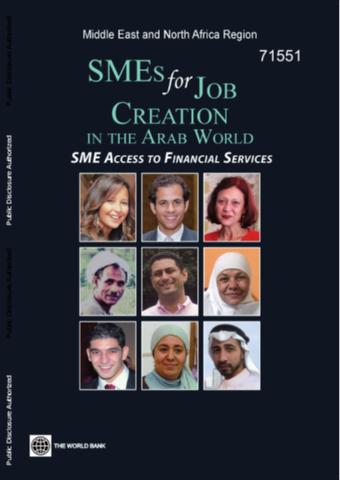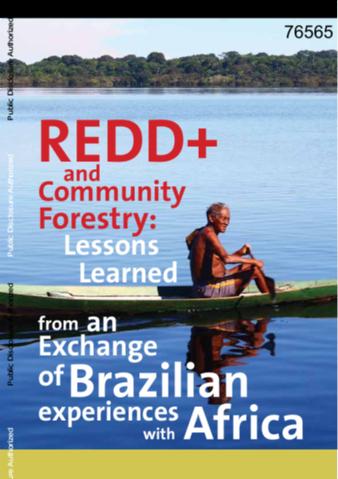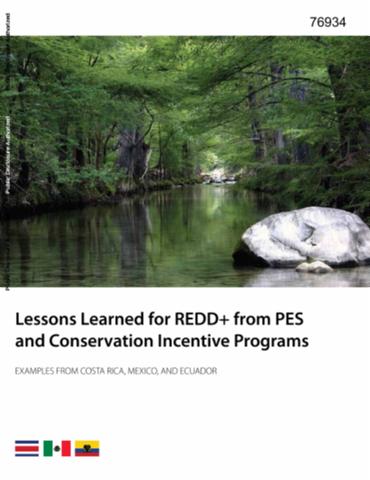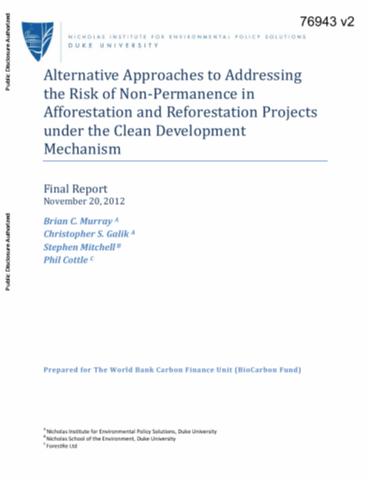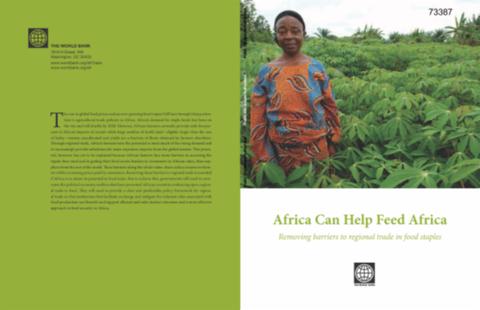Does Sharecropping Affect Productivity and Long-Term Investment? Evidence from West Bengal’s Tenancy Reforms
Although transfer of agricultural land
ownership through land reform had positive impacts on
productivity, investment, and political empowerment in many
cases, institutional arrangements in West Bengal -- which
made tenancy heritable and imposed a prohibition on
subleasing -- imply that early land reform benefits may not
be sustained and gains from this policy remain well below
potential. Data from a listing of 96,000 households in 200


